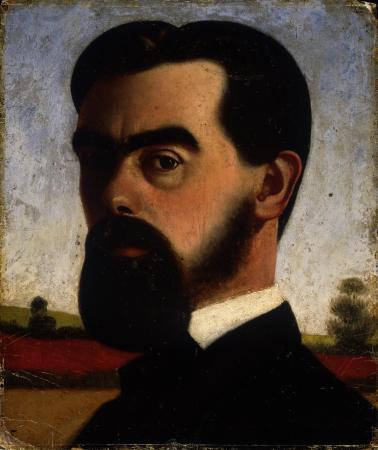“Nothing is so cruel as to try and force a man beyond his natural pace.”
Capping a Success
The Note-Books of Samuel Butler (1912), Part X - The Position of a HomoUnius Libri
